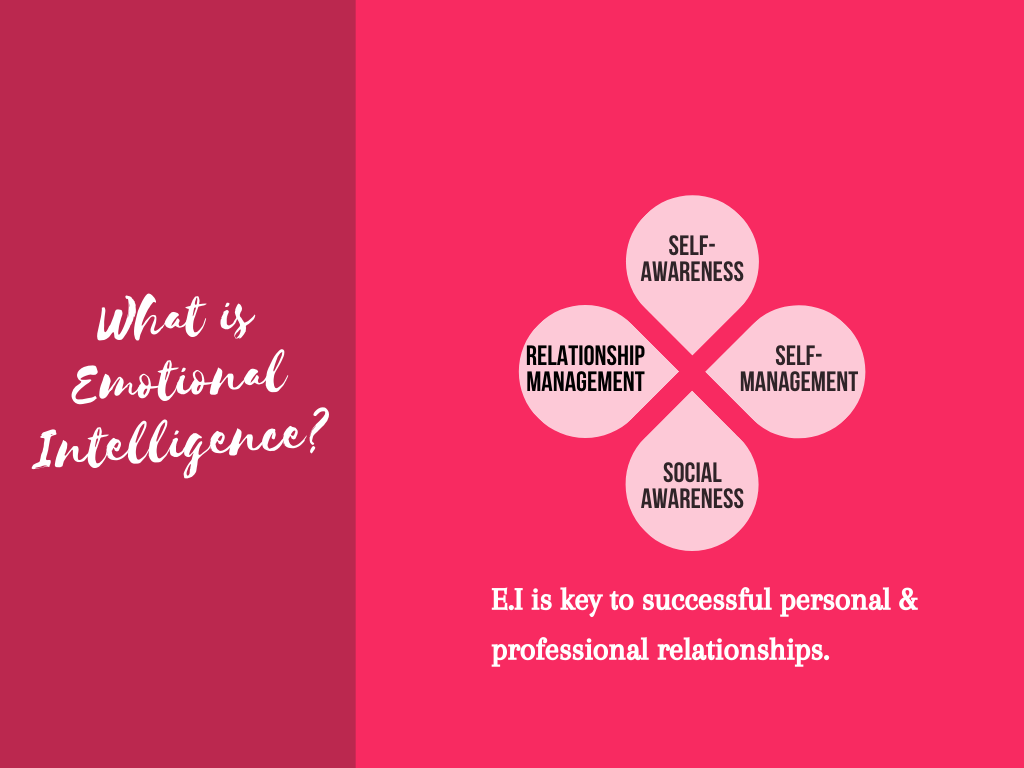When we talk about IQ or Intelligence Quotient, another entity which is indispensable to the smooth running of your business comes into the picture. Yes, I’m talking about Emotional Quotient or EQ, also called as Emotional Intelligence or EI.
The concept of emotional intelligence is a blanket term that covers a broad collection of individual skills and dispositions, usually referred to as soft skills or inter and intra-personal skills.

One must be adept at handling situations which warrant application of EI and at the same time strong in his/her basic IQ.
1. How do you put a giraffe into a refrigerator?
The correct answer is: Open the refrigerator put in the giraffe and close the door.
This question tests whether you tend to do simple things in an overly complicated way.
2. How do you put an elephant into a refrigerator?
The wrong answer is: Open the refrigerator put in the elephant and close the door.
The correct answer is: Open the refrigerator, take out the giraffe, put in the elephant and close the door.
This tests your ability to think through the repercussions of your actions.
3. The Lion King is hosting an animal conference; all the animals attend except one. Which animal does not attend?
The correct answer is: The Elephant. The Elephant is in the refrigerator.
This tests your memory.
OK, even if you did not answer the first three questions, correctly, you still have one more opportunity to show your abilities.
4. There is a broad, deep river you must cross. But it is inhabited by hungry crocodiles. How do you manage it?
The correct answer is: You swim across. All the Crocodiles are attending the Animal Meeting!
This tests whether you learn quickly from your mistakes.
This EXERCISE is cited just to show that logic or reasoning is an important element in management; at workplace or home.
Just that you have to prune your memory to enhance your parallel thinking.
In general parallel thinking is a further development of the well-known lateral thinking processes, focusing even more on probabilities—looking for what can be rather than for what is.
Emotional intelligence can be defined as the ability to monitor one’s own and other people’s emotions, to discriminate between different emotions and label them appropriately and to use emotional information to guide thinking and behavior.
Emotional intelligence involves being MINDFUL of emotions and how they can affect and interact with traditional intelligence (e.g., impair or enhance judgment, etc.).
One must also be able to develop and maintain healthy interpersonal relationships apart from being intelligent.
It involves a lot of psychology which is in-built in our mechanism and heightened by our exposure to various work situations and challenges.
An examination of more than 300 top-level executives from fifteen global companies showed that six emotional competencies distinguished stars from the average.
Emotional awareness is being in touch with the feelings of others.
Well, if you say that “Emotions don’t go well with Logic”, and “Emotions can’t be mixed with Business”, I’d like to remind you “A controlled mind and cheerful spirit” are crucial when it comes to employee engagement and sustaining their morale.
Even though your employees are well trained and technically experts in their own area, it takes that extra something for them to work whole-heartedly for their principals.
They have to identify themselves with the organization and its objectives, in particular with the key persons in top level management.
You should be sensitive enough to others’ feelings- just by looking at people’s body language you can very well gauge their moods and it is more important when it comes to “How you are going to treat the situation”.
So two important things have to be taken into consideration
Is it sufficient if an employee has a “good” personality, he is fun to work with, social, energetic, and outgoing?
What if he makes errors in judgment due to lack of “clarity”? This is where a manager with good EQ can exercise his ability to orient that employee to channelize his energy towards the accomplishment of organizational objectives.